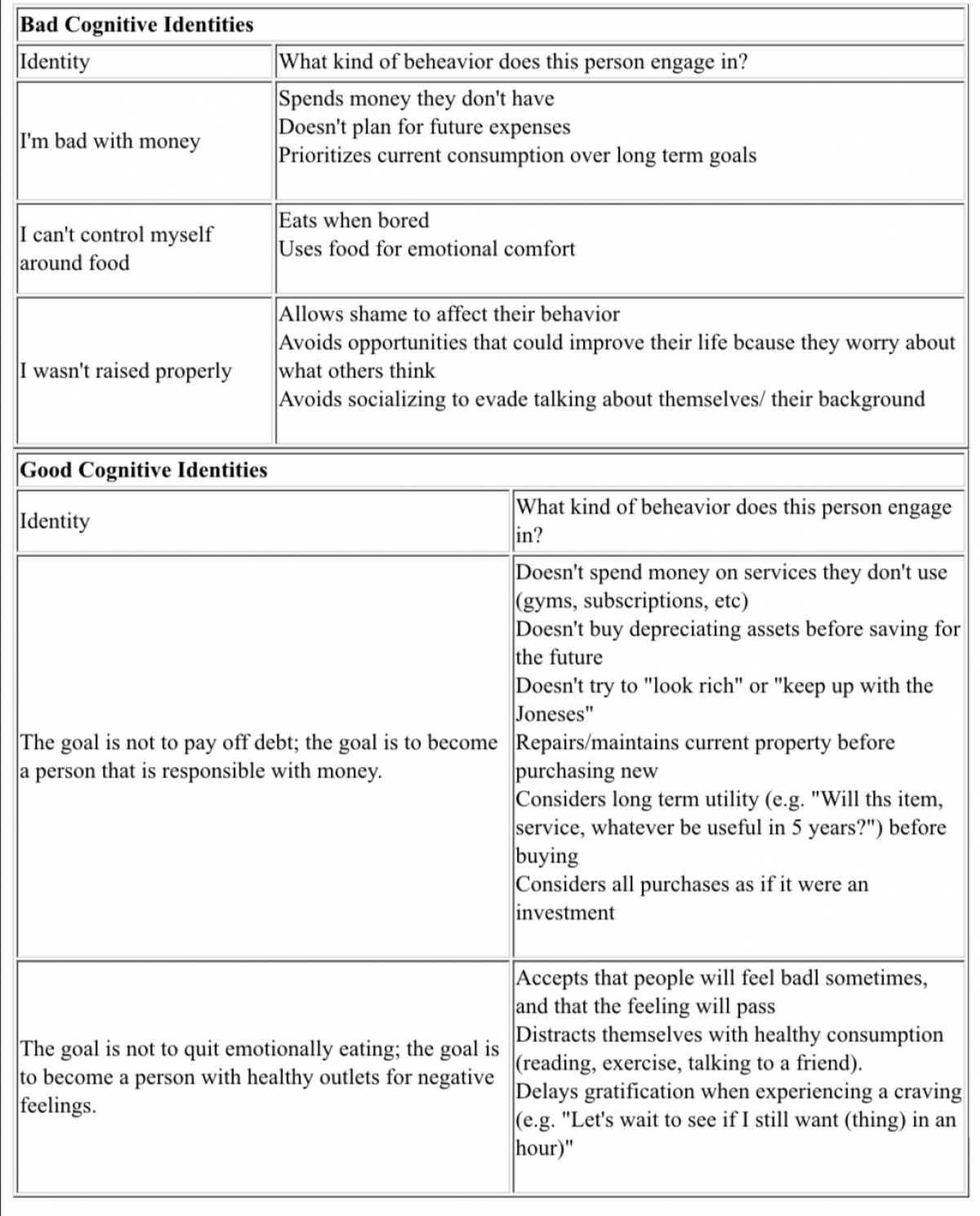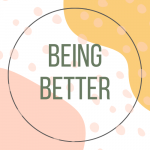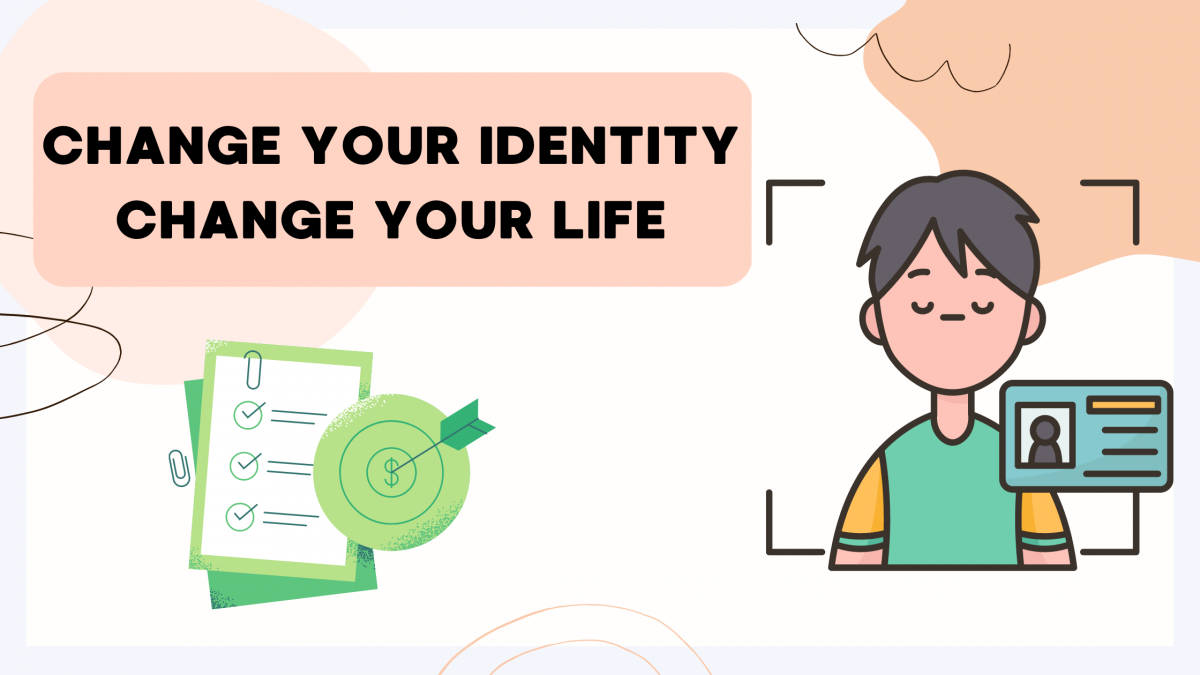In full disclosure, this writing is hot on the heels of my first failure since starting this blog (link). After several days of suffering feelings of boredom, emptiness, and hopelessness, I broke down and splurged on dinner and drinks for which I had not planned. I had violated my long terms goals and engaged in impulsive spending behavior. I have mixed feelings about this indiscretion because I can technically cover up the "mistake" with discretionary funds within my budget. But at the end of the day engaging in this behavior doesn't sit right in my soul because out of alignment with the goals I have for myself. So as I'm writing this today, I'm wrestling with these questions: why is it so hard to establish and maintain good habits and so easy to fall back into bad ones? I found the answer to this question by returning to Jame Clear's Atomic Habits. He states that people have issues changing because they either try to change the wrong thing or try to change the wrong way. In his book, he described three domains of change: outcomes, process, and identity. He tells us that outcomes are what you get, process is what you do, and identity is what you believe and that you can target change at each level, but targeting change at certain domains is more efficient. Rereading this explanation, I remembered Dr. K's stages of change video, wherein he explains that people can change without "doing" anything. Dr. K and Clear appear to agree that there are better ways to change than focusing on outcomes and processes. For example, if a person wants to lose weight (they want a specific outcome), they decide to go to the gym (they change a process) but lose steam and quit the new behavior over the next few weeks. Clear and Dr. K. would both likely agree that this person failed because they didn't change who they are as a person (their identity). They also seemingly agree that people struggle to change because they try to alter their behavior too quickly. They both, more or less, state that behavior that does not align with your current identity will not last. Realizing that these two have described the same thing is a groundbreaking insight.
So one needs to focus on who one wants to become, not the particular outcome one seeks. We can do this by analyzing our current identities that hold us back and by describing the kind of people who have what, therefore defining our new identity.
Describing a new identity: Clear says you accomplish this by asking yourself not what you want to accomplish but why determining what kind of person has what you desire. He describes a framework structured as such: The goal is not to (describe the outcome) but to become a person that (identity that fuels the outcome). He then states you should ask yourself what behaviors a person engages in that embody that identity. After completing this exercise, you will have identified new behaviors that will help shift your identity. I will complete the activity for my new and old identities to demonstrate the process clearly.

He states that once you have clarified the new identity you want to embody, you need to take pride in that new identity. In addition to taking pride in yourself, you must give yourself grace and accept that it takes time to embody a new identity and that new identities require new evidence to integrate the change fully.
Clear writes that every time you engage in a behavior, you "cast votes" for this habit, whether the habit is good or bad. The good news is that votes for good habits can "outvote" the bad habits if you engage in them enough. This is incredibly motivating because it assures me that slipping up once doesn't mean I'm a failure as long as I keep casting more good votes. It reiterates that small changes can add up over time. Clear encourages us to celebrate small wins- you embody your desired identity every time you engage in good behavior.
Clear writes that the evidence will accumulate as you cast votes for good behaviors, and your self-image will change. Eventually, the identity you seek will become ingrained in your person.
So let's get out there and cast some good votes.


